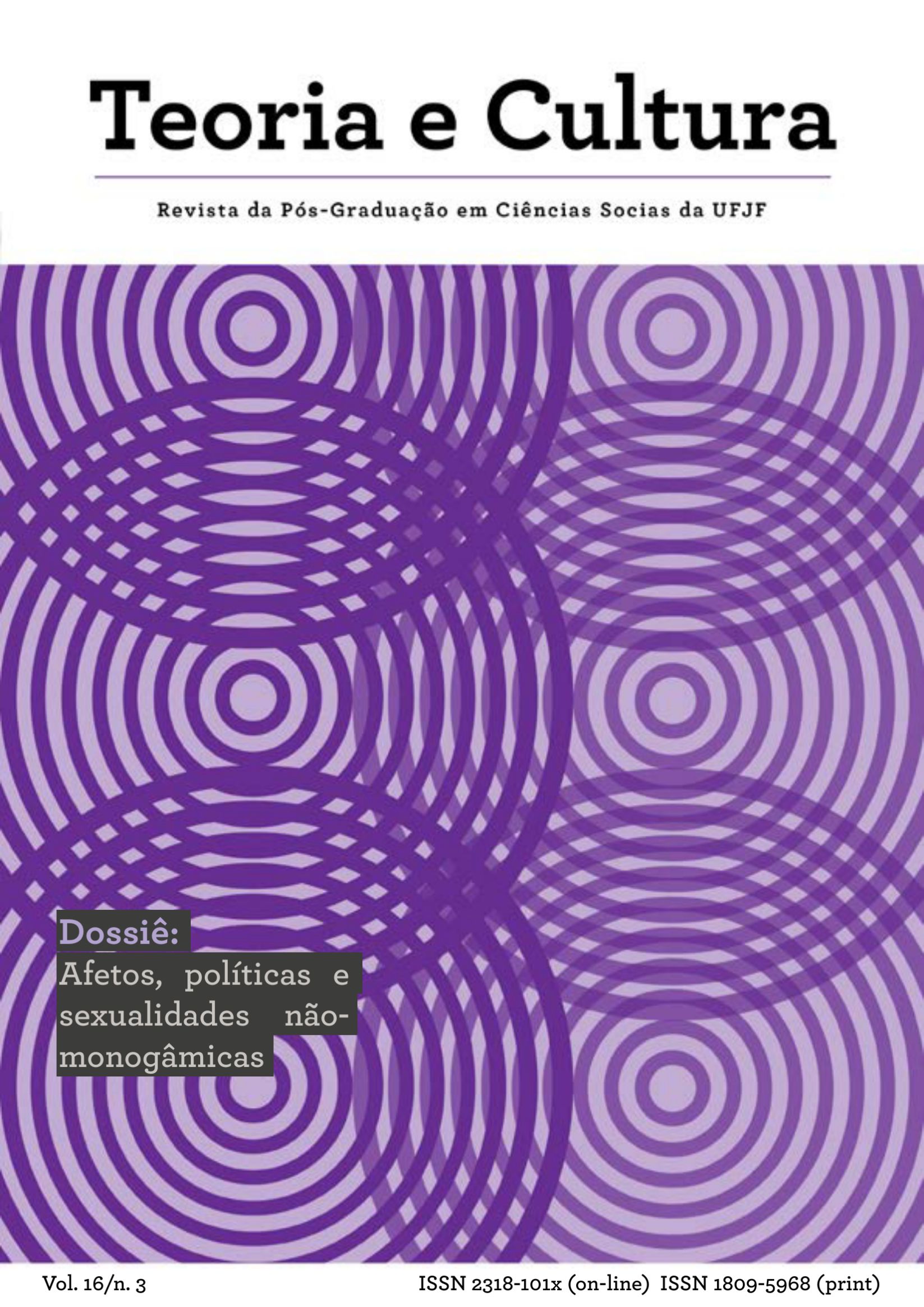Monogamia e (anti)colonialidades:
uma artesania narrativa indígena.
DOI:
https://doi.org/10.34019/2318-101X.2021.v16.34439Abstract
Abstract: In this paper, we tried to present indigenous perspectives to the notions of monogamy and non-monogamy, having the concept of coloniality as the main key of analysis. As cosmogonic inspiration, the concept of “Guarani narrative craftsmanship” was used, through which the effects and reverberations of Christianization in the construction of monogamy in Abya Ayla were evaluated. The theoretical-temporal braiding of the article was carried out in three threads: in the first, the relationships between monogamy and Christianization were investigated; in the second, the contemporary effects of the discourses present in the Jesuit letters and in the third, the Guarani philosophical perspectives on non-monogamy were presented. The theoretical framework was built in an interdisciplinary way, relying on contributions from historiographies, decolonial and anti-colonial studies and oral reports. It was emphasized that monogamy is part of a conjuncture of colonial monoculture systems (monotheism, monogamy, monosexism) which share the principles of exclusivity, non-concomitance and non-coexistence. On the other hand, indigenous non-monogamy would have as its principle the forest as a sign of diversity and concurrency. As a result, the importance of indigenous voices in the articulation of non-monogamous perspectives and anti-colonial struggles, towards an emotional reforestation of relations not only between humans, but with the planet, was highlighted.
Keywords: indigenous non-monogamy; affective craftsmanship; coloniality.








